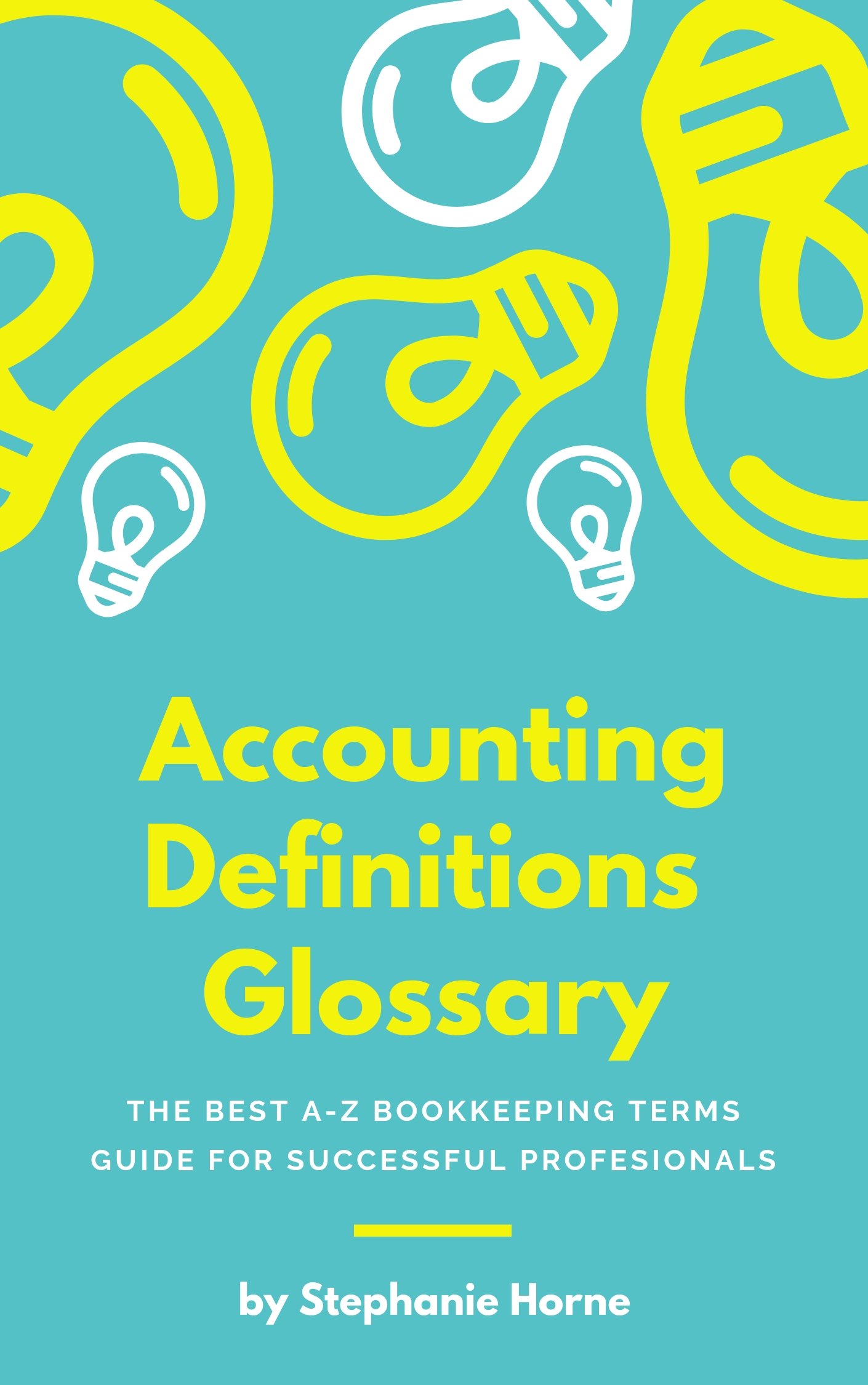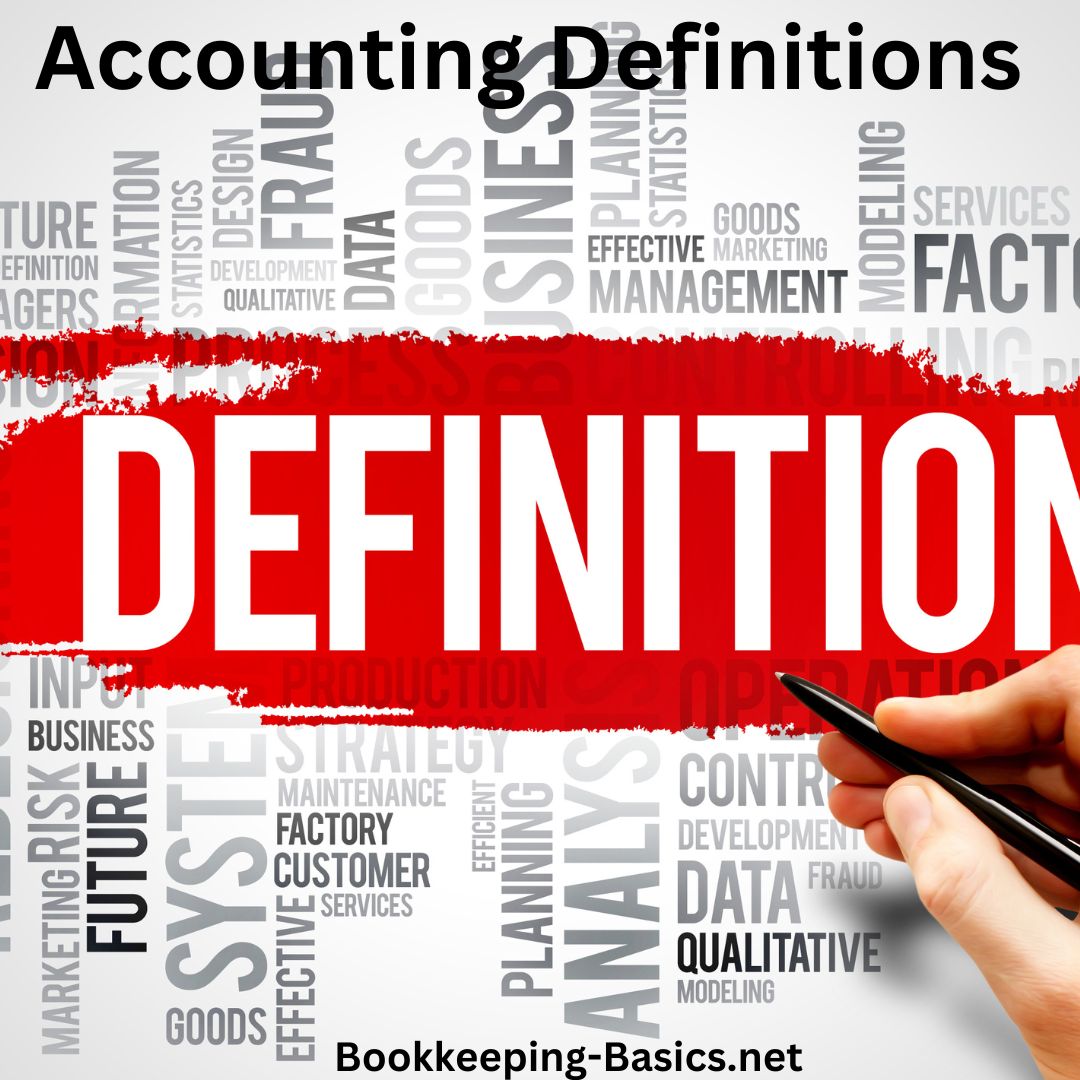- Home
- Definitions
- Letter C
Accounting Definitions C
Bookkeeping Terms Starting With Letter C
Accounting Definitions C - There are hundreds of accounting definitions, financial meanings and bookkeeping terms here in my accounting terms glossary.
Use this as an accounting resource to help improve your knowledge of bookkeeping terms and accounting definitions starting with the Letter C.
Accounting Definitions C - Choose A Letter
Pick a letter to go directly to the accounting definitions and bookkeeping terms associated with that letter.
Accounting Definition C - Site Search
Or use the Search Engine below to search the entire website for the accounting definition you are looking for.

Accounting Definitions - Glossary
Receive a full A-Z Bookkeeping Terms Glossary complete with each of the words you will find here all in one place on this free E-Book.
Accounting Definitions - Word Search
Also get these Accounting Definitions Word Search Puzzle Worksheets that are super fun for business owners, bookkeepers, accountants or anyone in the financial industry.
Accounting Definitions C
Bookkeeping Terms Starting With The Letter C
Accounting Definitions C:
Calculate:
To determine by computation or arrive at by arithmetical means. To estimate or determine after deliberation.
Capital:
Refers to financial resources, assets, or funds that are available for investment or used to generate income. It can include cash, equipment, buildings, etc.
Capital Asset:
An asset of a business that is central to its operation and is not traded.
Capital Account:
A statement of the amount and value of a business at a given time, consisting of two columns representing assets and liabilities balanced by profit and loss, indicating a surplus or a deficit.
Capital Expenditure:
Expenditure for permanent additions or improvements to property, as opposed to money spent for repairs.
Capital Gain:
The profit or financial gain realized when an asset, such as stocks, real estate, or other investments, is sold at a higher price than its original purchase price. It represents the difference between the selling price and the cost or basis of the asset.
Capital Goods:
Materials used in industry in the production of consumers' goods.
Capital Stock:
The amount of stock that a company issues or the value of that stock.
Capitalism
An economic system in which the means of production and distribution are for the most part privately owned and operated for private profit. Also the possession and concentration of private capital and its resulting power and influence.
Capitalist
One who shares in or adheres to capitalism. Also an owner of capital especially someone who has large means employed in productive enterprise.
Capitalize
The process of recording an expenditure as an asset on the balance sheet rather than as an immediate expense on the income statement.
Career:
A course of business, activity, or enterprise. A course of professional life or employment.
Cash:
Current money in hand or readily available.
Cash Basis:
The recording of a business's profit and loss based on the amounts received and paid out rather than on transactions for which money may actually change hands later.
Cash Control:
The system by which a company monitors the accuracy of its cash receipts and disbursements.
Cash Discount:
A discount from the purchase price allowed the purchaser provided he pays within a stipulated period.
Cash Flow:
The movement of cash into and out of a business or individual's financial accounts over a specific period of time. It represents the inflow and outflow of cash resulting from operating activities, investing activities, and financing activities.
Chart of Accounts:
A chart explaining the numerical codes identifying the ledger accounts in an accounting system.
Closing:
Forming or connected with the final part of an activity or period of time.
Corporation:
A company recognized by law as a single body with its own powers and liabilities, separate from those of the individual members. Corporations perform many of the functions of private business, governments, educational bodies, and the professions.
Cost:
To calculate the price or expense of something.
Cost Accounting:
Accounting that is concerned with providing detailed information on the cost of producing something or carrying out an operation in a business.
Cost of goods sold:
The cost of materials and labor required to build a product.
Credit Memo:
A document issued by a seller or supplier to a buyer or customer to indicate a reduction in the amount owed or a refund for goods or services previously provided. It is typically used when there is a discrepancy, error, or a need to adjust an invoice or account balance.
Credits:
The right-hand side of an account record, where payments to the account are recorded.
Current Assets:
Available cash and other assets that could be converted to cash within a year.
Current Liabilities:
Business liabilities that are due to be cleared before the end of the financial year.
Current Ratio:
A financial ratio that measures the ability of a company to meet its short-term financial obligations. It compares a company's current assets to its current liabilities and provides insight into the liquidity and short-term solvency of the business.
Thank you for visiting my Accounting Definitions C page to find bookkeeping terms starting with the letter C.
Questions And Answers
- Accounting News Article Contributions
- Accounts Payable Questions
- Accounts Receivable Questions
- Bookkeeping Articles
- Balance Sheet Questions
- Bookkeeping News Article Contributions
- Bookkeeping Questions and Answers
- Chart Of Accounts Questions and Answers
- Funny Accounting Jokes
- Income Tax Deductions Questions
- Income Tax News Article Contributions
- Investment Questions
- Profit And Loss Statement Questions
- Your Testimonials
Accounting & Bookkeeping Supplies
- Basic Bookkeeping For Dummies
- Bookkeeping Books
- Bookkeeping Business Software
- Bookkeeping Deals
- Bookkeeping Ledger
- Bookkeeping Software
- Bookkeeping Supplies
- Bookkeeping Tutorials
- Cell Phones
- Computers
- Electronic Supplies
- Finance Magazines
- Office Equipment
- Office Furniture
- Office Supplies
- Quickbooks Accounting Software
Please subscribe to my monthly newsletter, Bookkeeping Basics E-zine. It tells you every month about the new information that I have added, including some great tips and advice from myself and other Bookkeeping Basics readers.
Like Bookkeeping-Basics.net?
- Home
- Definitions
- Letter C

















New! Comments
Have your say about what you just read! Leave me a comment in the box below.